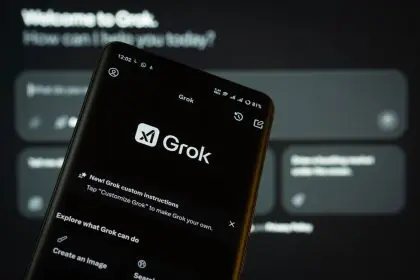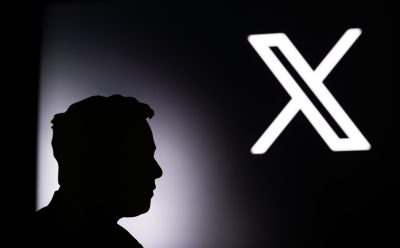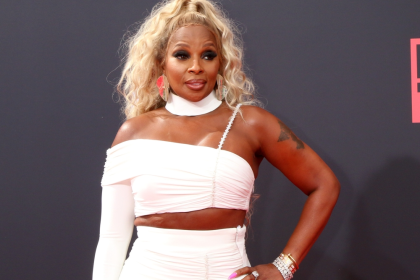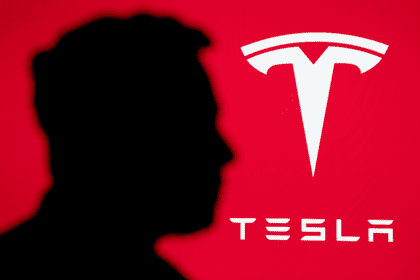On Sept. 23, Elon Musk, the owner of X, announced a significant change to the platform’s blocking feature, stirring up a wave of user reactions. This new policy allows users who have been blocked to still view public posts from the accounts that blocked them, although they will not be able to engage with those posts. This shift raises questions about user privacy and the effectiveness of blocking on social media.
The New Blocking Policy Explained
Previously, when a user blocked another account on X, the blocked user could not see any of the blocking user’s posts or interactions. However, under the new policy, blocked users will still have access to public posts, effectively making it easier for them to view content from accounts that have chosen to block them.
Elon Musk confirmed this change in a tweet, stating, “The block function will block that account from engaging with, but not block seeing, public posts.” This statement came in response to a tweet from Nima Owji, who broke the news about the impending change.
Reactions from Users and Experts
The announcement has sparked a mixed bag of reactions. Many users are concerned that this change undermines the purpose of blocking, which is to provide a sense of safety and control over one’s social media experience. Critics argue that allowing blocked users to see posts could lead to increased harassment and unwanted interactions.
In the past, Musk has expressed his discontent with the blocking feature, suggesting that it should be replaced with a more robust muting option. He has previously stated that blocking public posts “makes no sense” and has even threatened to limit the use of the block feature to direct messages only.
A Brief History of Blocking on Social Media
This isn’t the first time X has altered its blocking policy. In fact, a similar situation occurred over a decade ago when Twitter allowed blocked users to see content from those who blocked them. After a significant backlash, the platform reverted to the stricter blocking policy that many users have come to rely on today.
As social media continues to evolve, the balance between user privacy and public engagement remains a contentious issue. The latest changes to X’s blocking feature highlight the ongoing debate about how platforms should handle user interactions and the protections they offer.
What Can Users Do?
For users who are uncomfortable with the new blocking policy, there are a few alternatives. One workaround is to set your posts to private, allowing you to approve followers who can view your content. This way, you can maintain control over who sees your posts without relying on the block feature.
Additionally, users can explore other social media platforms that may offer more stringent privacy controls and blocking features that align with their preferences.
As X implements this controversial change, users must navigate the implications for their online interactions. The ability of blocked users to view public posts raises significant concerns about safety and privacy on social media. As the platform continues to evolve under Musk’s leadership, it remains to be seen how users will adapt to these changes and what further adjustments may be made in response to user feedback.
Elon Musk Purchases Twitter
In 2022, Elon Musk, the billionaire CEO of Tesla and SpaceX, acquired Twitter for $44 billion. His takeover sparked significant debate and media attention, as Musk framed the purchase to protect free speech on the platform. He expressed concerns about Twitter’s moderation policies and promised to create a space where open dialogue could thrive. However, his acquisition raised concerns about how content moderation and misinformation would be handled under his leadership. Musk’s unpredictable management style and controversial tweets have also kept the tech world closely watching how his ownership will shape Twitter’s future.














